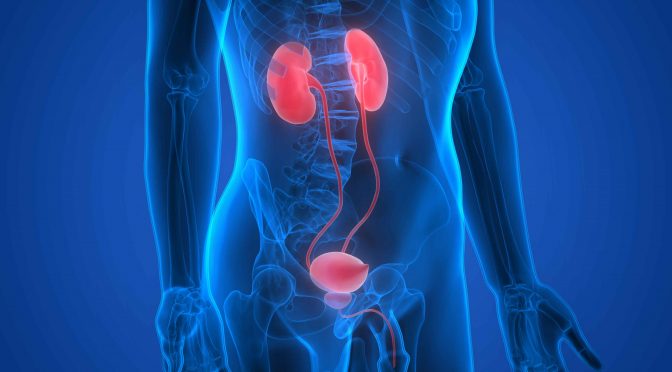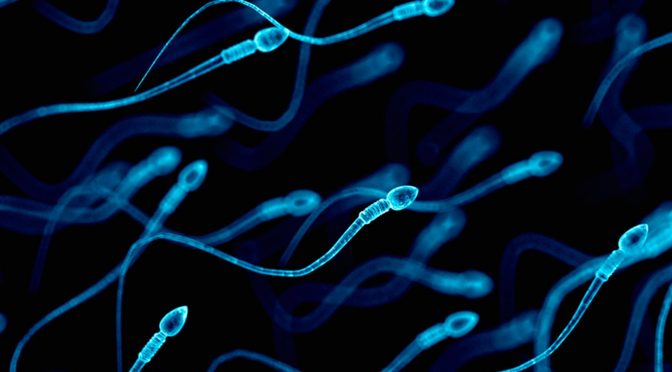We are a branch of medicine that deals with the physiology and focuses on the treatment of diseases that affect the kidneys.We deal to treat conditions such as chronic kidney disease, kidney infections, and kidney failure.
You have two kidneys. They’re located below your ribcage on either side of your spine. The kidneys have several vital functions, including:
- removing waste and excess fluid from the blood
- maintaining your body’s electrolyte balance
- releasing hormones with functions such as managing blood pressure
Not only do nephrologists have expertise on diseases that specifically affect the kidney, but they’re also very knowledgeable about how kidney disease or dysfunction can affect other parts of your body.
Although your primary care doctor will work to help prevent and treat early stages of kidney disease, a nephrologist may be called in to help diagnose and treat more severe or complex kidney conditions.
Conditions a nephrologist treats
Nephrologists can work with you to help diagnose and treat the following conditions:
- blood or protein in urine
- chronic kidney disease
- kidney stones, although a urologist may also treat this
- kidney infections
- kidney swelling due to glomerulonephritis or interstitial nephritis
- kidney cancer
- polycystic kidney disease
- hemolytic uremic syndrome
- renal artery stenosis
- nephrotic syndrome
- end-stage kidney disease
- kidney failure, both acute and chronic
A nephrologist can also be involved when other factors cause kidney disease or dysfunction, including:
- high blood pressure
- diabetes
- heart disease
- autoimmune conditions, such as lupus
- medications
Tests and procedures a nephrologist might perform or order
If you’re visiting a nephrologist, they may be involved in performing a variety of tests and procedures or interpreting the results.
Laboratory tests
A wide range of tests can be used to assess the function of your kidneys. These tests are typically performed on either a blood or urine sample.
- Blood tests
- Glomerular filtration rate (GFR). This test measures how well your kidneys are filtering your blood. GFR begins to decrease below normal levels in kidney disease.
- Serum creatinine. Creatinine is a waste product and is present at higher levels in the blood of people with kidney dysfunction.
- Blood urea nitrogen (BUN). As with creatinine, finding high levels of this waste product in the blood is a sign of kidney dysfunction.
- Urine tests
- This urine sample can be tested with a dipstick for pH as well as the presence of abnormal amounts of blood, glucose, protein, or bacteria.
- Albumin/creatinine ratio (ACR). This urine test measures the amount of the protein albumin in your urine. Albumin in the urine is a sign of kidney dysfunction.
- 24-hour urine collection. This method uses a special container to collect all of the urine that you produce during a 24-hour period. Further testing can be performed on this sample.
- Creatinine clearance. This is a measure of creatinine from both a blood sample and a 24-hour urine sample that’s used to calculate the amount of creatinine that’s exited the blood and moved to the urine.
Procedures
In addition to reviewing and interpreting the results of your laboratory tests, a nephrologist may also perform or work with other specialists on the following procedures:
- imaging tests of the kidneys, such as ultrasounds, CT scans, or X-rays
- dialysis, including placement of the dialysis catheter
- kidney biopsies
- kidney transplants





0 Comment